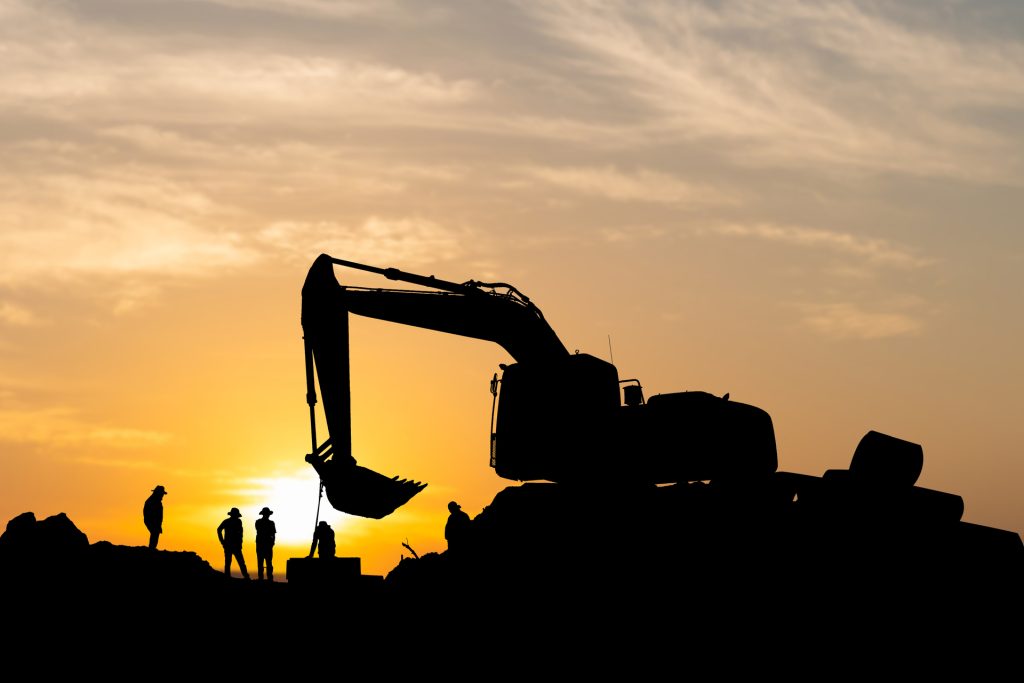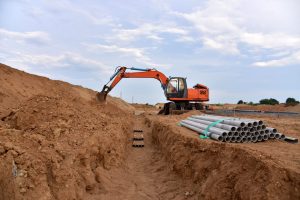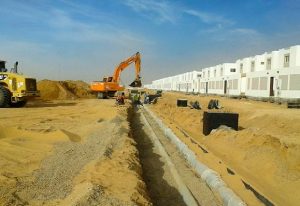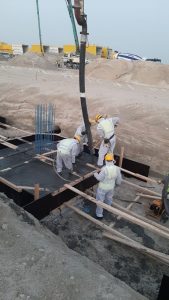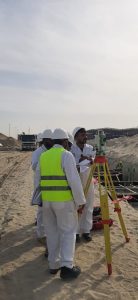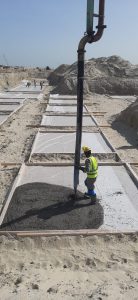Infrastructure is the backbone of modern society, providing the essential facilities and services necessary for economic development and social well-being. Infrastructure includes a wide range of physical structures and systems, such as roads, bridges, airports, water supply networks, sewage systems, electricity grids, and telecommunications networks. This article explores the importance of infrastructure, the different types of infrastructure, and the challenges and opportunities associated with infrastructure development.
Importance of infrastructure:
Infrastructure plays a crucial role in economic development by facilitating the movement of goods, services, and people. It provides the necessary platform for businesses to operate, create jobs, and generate wealth. Infrastructure also supports social well-being by providing access to basic services such as water supply, sanitation, healthcare, and education.
Types of infrastructure:
Transportation infrastructure:
Transportation infrastructure includes roads, highways, railways, airports, seaports, and public transportation systems. Transportation infrastructure enables the movement of goods, services, and people, connecting businesses, markets, and communities.
Water infrastructure:
Water infrastructure includes water supply systems, treatment plants, and distribution networks. Water infrastructure provides clean and safe drinking water to communities and supports agriculture, industry, and energy production.
Energy infrastructure:
Energy infrastructure includes electricity grids, power plants, and pipelines. Energy infrastructure provides access to reliable and affordable energy, supporting economic growth and social development.
Telecommunications infrastructure:
Telecommunications infrastructure includes internet networks, telephone networks, and broadcasting networks. Telecommunications infrastructure enables communication, information sharing, and e-commerce.
Challenges and opportunities:
The development of infrastructure faces many challenges, such as financing, planning, construction, maintenance, and operation. Infrastructure projects require significant investments, and funding can be a challenge for many countries and regions. Planning and construction can also be complex and time-consuming, requiring coordination among different stakeholders, including government agencies, private sector firms, and local communities. Maintenance and operation are also crucial for the sustainability of infrastructure, requiring ongoing investments and management.
Despite the challenges, infrastructure development also presents opportunities for economic growth, job creation, and social development. Infrastructure projects can create jobs in construction, operation, and maintenance. They can also attract private sector investments and stimulate economic activity. Infrastructure can also provide access to basic services, such as clean water, healthcare, and education, improving social well-being and reducing poverty.
In conclusion, infrastructure is a critical component of modern society, providing the essential facilities and services necessary for economic development and social well-being. The different types of infrastructure, including transportation, water, energy, and telecommunications, enable the movement of goods, services, and people, connecting businesses, markets, and communities. Infrastructure development faces many challenges, but it also presents opportunities for economic growth, job creation, and social development. By prioritizing infrastructure development and investing in its sustainability, countries and regions can improve the quality of life for their citizens and achieve long-term prosperity.

